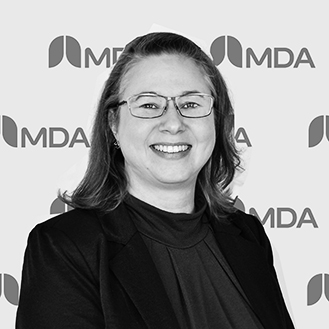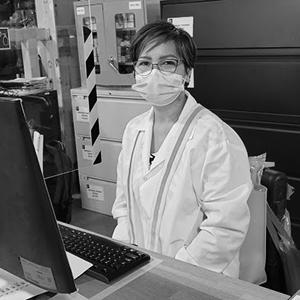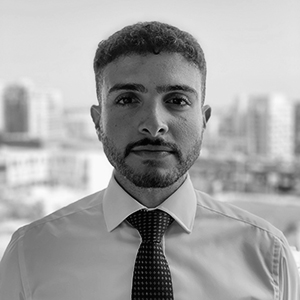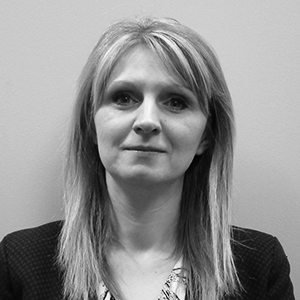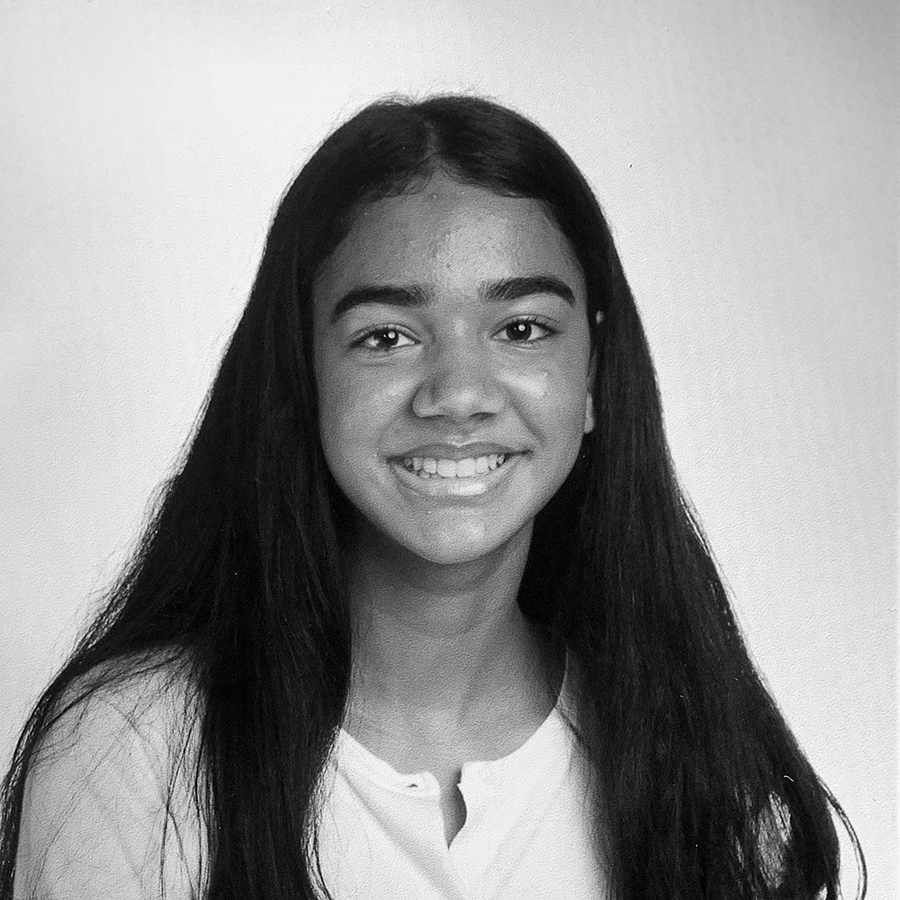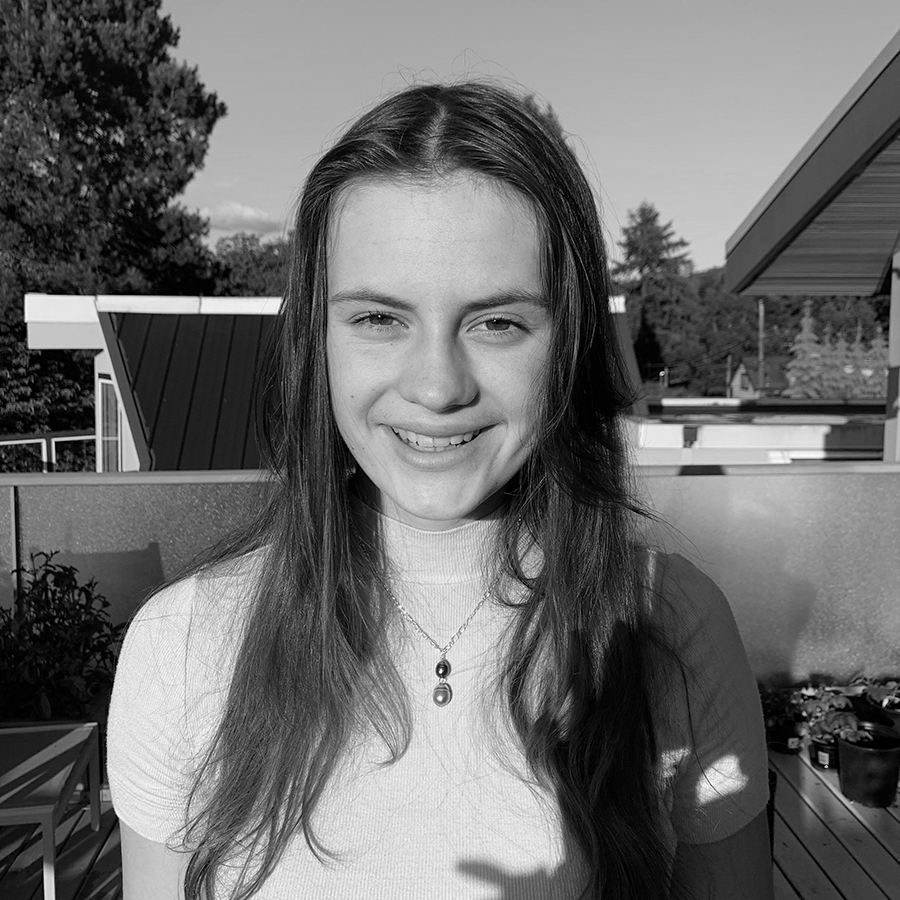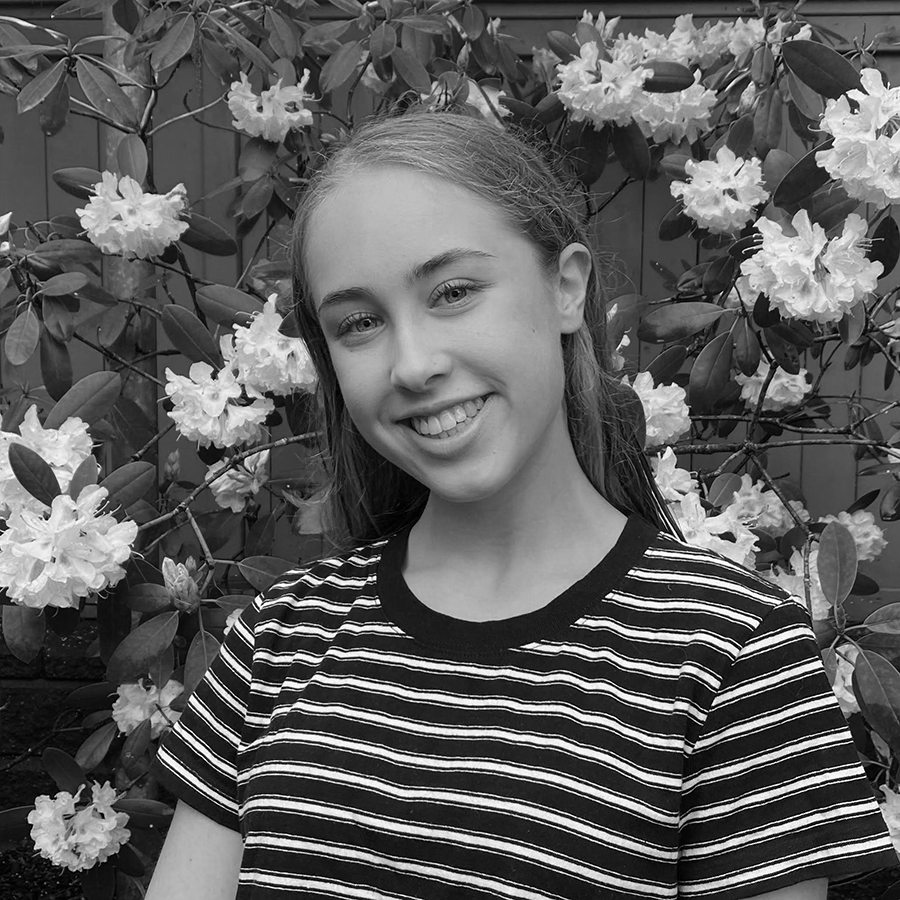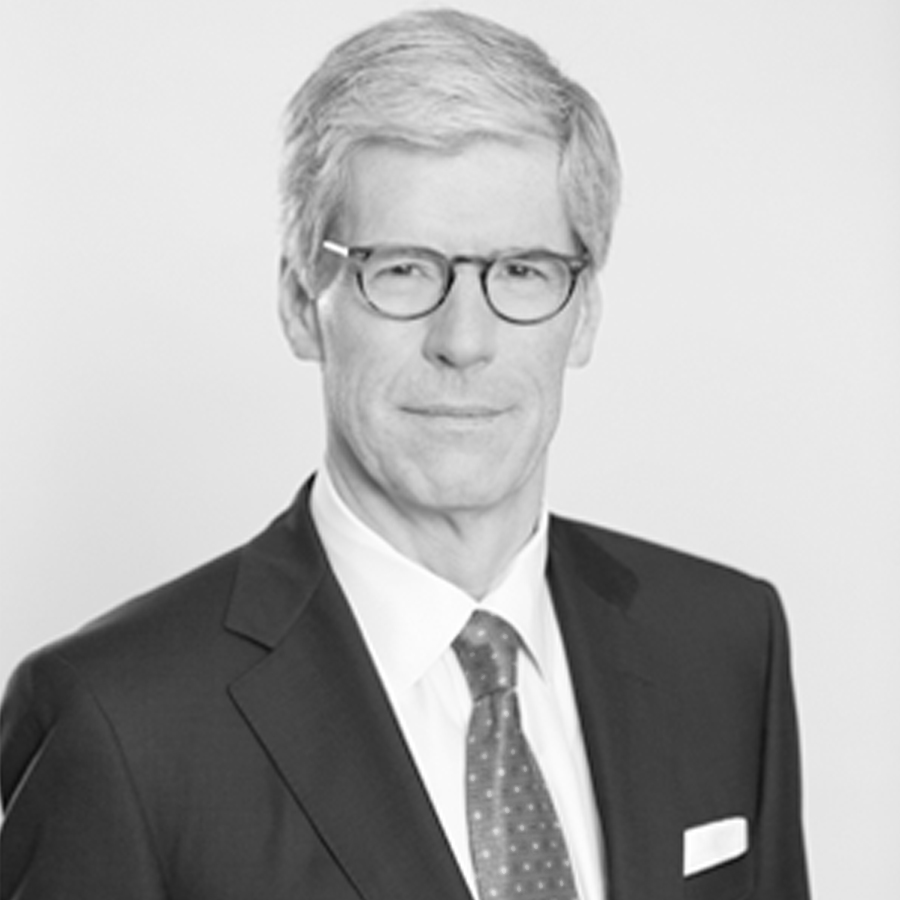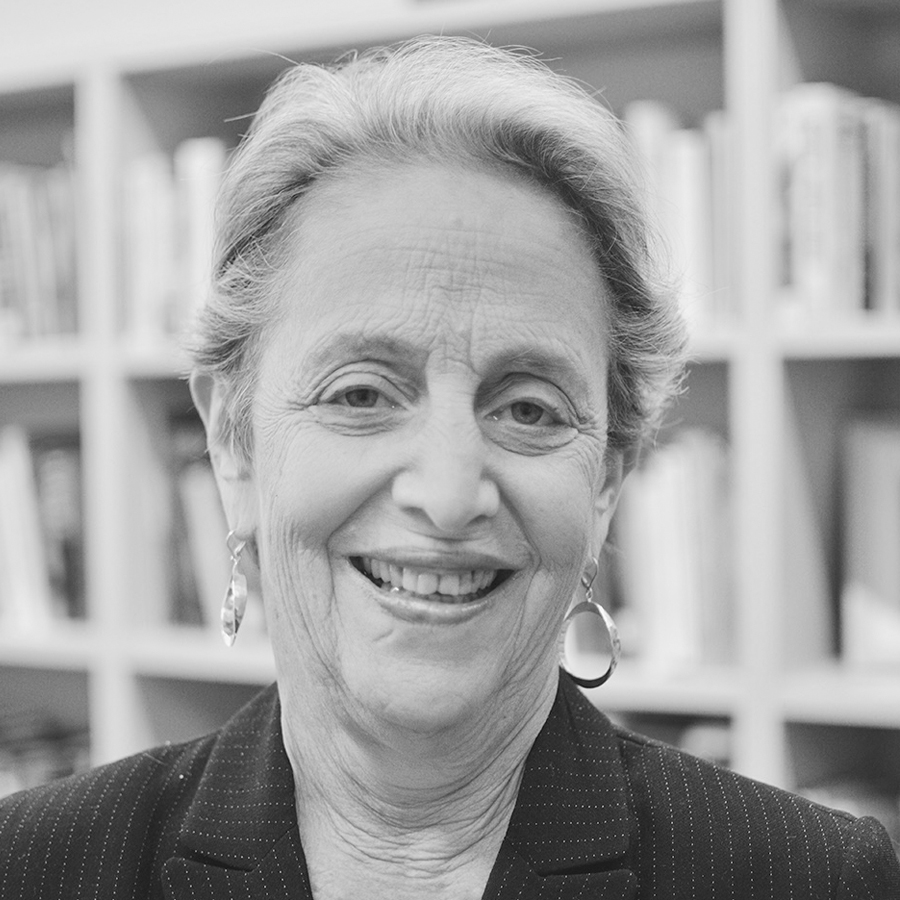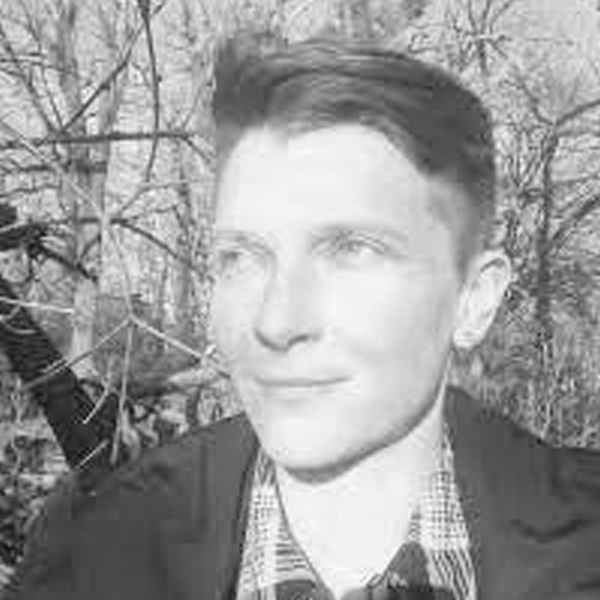Initiatives
Since March 2020, CDL has redeployed resources by applying the CDL model and community to rapidly translate science into solutions, inspire a young generation of entrepreneurs, and help step back and reflect on what it means to be human.
CDL Rapid Screening Consortium

In May 2020, CDL launched the CDL Vision Council – a group of business leaders of large corporations and thought leaders like Mark Carney and Margaret Atwood. The Vision Council’s mission: Identify the primary problems at the root of the crisis to provide insight into what types of technology-driven solutions might have a first-order impact on stimulating economic activity, restoring or creating jobs, and enhancing society such that human civilization emerges stronger and more stable than before the COVID-19 crisis began. This group discussed and debated a number of topics. As the virtues of rapid testing kept resurfacing as a key piece of the recovery puzzle, a small group of CEOs decided to move beyond talking and take action.
In August 2020, the CDL Rapid Screening Consortium (CDL RSC) was born.
The CDL Rapid Screening Consortium is a private-led, not-for-profit initiative with the goal of establishing a robust rapid screening system and operational implementation strategy to be delivered as a public good to Canada and then the world. The Consortium is led by Creative Destruction Lab. This is an unprecedented collaboration among businesses, researchers, and government working together on a singular public-interest objective. Founding consortium members included: Air Canada, CPPIB, Genpact, Loblaw, Magna, MDA, Maple Leaf Sports & Entertainment, Nutrien, Rogers, Scotiabank, Shoppers Drug Mart, and Suncor.
Why should businesses implement a workplace rapid screening system? Data from 2020/21 shows that people in workplaces are at the greatest risk of being infected with COVID-19. The workplace rapid screening system protects employees by reducing the likelihood of a shutdown due to an outbreak, and providing an extra layer of protection for employees at work. Rapid screens play an important role in detecting infectious individuals, even post-vaccination during this period of uncertainty with variants of concern and continued transmission globally. Screening is critical during the next phase of re-opening in Canada where there is risk of introducing variants into workplaces.
CDL RSC has a simple onboarding process for any organization in Canada to deploy a rapid screening program in their workplace. The solution is sector-agnostic and easily translates to organizations of all sizes. All participating organizations commit to providing Pay-It-Forward time to help others launch screening programs through collaboration, shared resources, and lessons learned. The Consortium has also replicated its success in the United States.
More than 500 organizations participate in the consortium including BMO, CBC/Radio-Canada, Canadian Sport Centres (Atlantic, Calgary, Pacific, Ontario), CIBC, Covenant House, Giant Tiger, Jays Care Foundation, Sun Life Financial, University of Toronto, WestJet, and more. Currently, 640 screening sites are operational across Canada in British Columbia, Alberta, Saskatchewan, Manitoba, Ontario, Quebec, New Brunswick, and Nova Scotia.
560
organizations in the CDL Rapid Screening Consortium (as of July 14)
>350k
rapid antigen screens deployed (as of July 14)
8,000
individuals regularly screened per week (as of June 11)
405
potential outbreaks averted (as of June 11)
CDL Apprentice Program

The purpose of the CDL Apprentice program is to address the gender gap. CDL provides experiences for young women 14–18 years of age to foster an entrepreneurial mindset and encourage individuals to challenge themselves and current statistics. Women represent 51% of the population yet continue to be underrepresented in technical studies and careers, women-led startups, and only 3% of all venture capital is deployed to women. Students who participated in this year’s program committed to achieving the CDL Apprentice Badge by attending theme–focused modules between February and May 2021.
CDL AI – What is Artificial Intelligence? (February 11, 2021)
Led by CDL–Montreal, students participated in discussions on defining AI and understanding how a prediction machine works. Students had a chance to capture insights from members from the CDL Community including founder Rupal Patel (CEO, VOCALiD), and mentors Alexandre Le Bouthillier (Co-founder, Imagia), Inès Holzbaur (Co-founder & Managing Partner, AmorChem), Elaine Kunda (Founder & Managing Partner, Disruption Ventures), Laurent Charlin (Associate Professor, HEC Montreal), Ludovic André (Managing Director, Credit Mutuel Equity), Milad Alucozai (Venture Partner, Entrepreneur First), Frantz Saintellemy (President & COO, Leddartech), and Chris Neumann (Founder & CEO, Commonwealth Ventures).
Rhiannon Davies also joined the conversation. Rhiannon is a Managing Partner at Sandpiper Ventures, a platform where women investors can radically disrupt the venture capital environment. Rhiannon was asked the question: “You’ve had a successful career growing companies, bringing them to new markets and managing acquisitions. What’s the best piece of advice someone has given you that you’d like to share with this group?”.
CDL Ag – An Introduction to Agriculture and Food Security (February 25, 2021)
Led by CDL–Rockies, students were guided through a narrative about the current problem and the various opportunities for innovation through the agriculture value chain – securing our food chain, minimizing waste, managing carbon, etc. Students had the opportunity to meet founder Angela Kouris, CEO of Synergia Biotech, a clean technology company that has created the world’s only ‘green’ natural blue – a climate-friendly blue pigment from cyanobacteria for use in the food and beverage, health and wellness, and personal care industries.
CDL mentors joined the conversation, including CDL Ag Founding Fellow, Alison Sunstrum (Founder and CEO, CNSRV–X, a company researching and applying blockchain tech in agriculture) who helped answer the question: “Most of the innovation in the agricultural sector is happening in developed countries. There is huge potential in countries like India yet so little is being done in terms of innovation. Is there a way to focus on such markets?”. Vincent Chahley (Chair, UCalgary Student Fund Investment Committee), Judy Fairburn (Co-founder & CEO, The51), Keith Driver (CEO, Enterra Feed Corporation), Patricia Hume (CEO, Canvas GFX), Jim Baker (President, Cultura Technologies), Ray Price (President, Sunterra Group), and Kristina Williams (CEO, Alberta Enterprise Corporation) also invested their time in mentoring the CDL Apprentice students.
CDL Oceans – Why are Oceans Important? (March 18, 2021)
Oceans cover over two–thirds of the earth’s surface and 97% of its water, and take up more carbon than all of the world’s rainforests combined. Led by CDL–Atlantic, students discussed how disruption in the ocean economy is driven by digital technologies and sustainability, including shipping and logistics, sustainable fishing and aquaculture, etc. Students met CDL founder Nisha Sarveswaran, CEO of Kraken Sense, developing the world’s first real-time automated pathogen detection platform. The students also heard from CDL mentors Anya Waite (CEO & Scientific Director, Ocean Frontier Institute), Catherine Blewett (Chief Strategic Engagement Officer, Ocean Frontier Institute), Marlon Lewis (Professor Emeritus, Dalhousie University), Melanie Nadeau (CEO, COVE), Erika (Montague) Heine (Chief Technologist, Schmidt Marine Technology Partners), Justin Manley (Founder & Principal Consultant, Just Innovation), Nicole LeBlanc (Partner, Platform @2150.vc), and Cathy Bennett (Founding & Managing Partner, Sandpiper Ventures).
CDL Climate – Tackling Natural Resource and Climate Challenges (March 25, 2021)
Led by CDL–Paris in its inaugural year, the CDL Climate module highlighted science and technology innovations tackling natural resource and climate challenges, including renewable energy/alternative energy, landfill waste, power storage, manufacturing, transportation, etc. CDL founder Shivani Shah, Co-founder of Samp, a SaaS company leveraging machine learning techniques to generate data-enriched 3D models of large industrial facilities, was asked: “Were there significant events or people that led you to the career path you are on?”. The students also met CDL mentors Anne–Marie Roussel (Former Corporate VC, Microsoft & Sharp), Antoine Delafargue (Managing Director & CTO, Total Carbon Neutrality Ventures), Neil Wainwright (CEO, UpHabit), Bill Brown (Chairperson, 8 Rivers Capital), Eugénie Rives (Director, Early Stage Projects, X), Jason Blackstock (Founder & CEO, How to Change the World), Adam McNamara (Founding Partner, Ramen Ventures), Andrew Nutter (Co-founder, Westwing), and Scott Saxberg (CEO, Icebook Investments Corp).
CDL Matter – The Power of Advanced Materials (April 15, 2021)
Led by CDL–Toronto, students received an introduction to advanced materials, a horizontal technology with major applications across many verticles including automotive, aerospace, electronics, energy. CDL founder Shannon Nangle, Co-founder of Circe Industries, developing CO2 based microbial fermentation technologies for sustainable chemicals, joined a fireside chat along with CDL mentors Sarah Applebaum (Partner, Pangaea Ventures), Michael Helander (President & CEO, OTI Lumionics), Andrew Fursman (CEO, 1QBit), Jeff Green (Managing Director, Rusheen Capital Management), Ken Nickerson (CEO, iBinary), Mike Biddle (Managing Director, Evok Innovations), Laurie Menoud (Partner, At One Ventures), Marty Reed (CEO, Evok Innovations), Neil Cameron (Director, Emerald Technology Ventures), and Phil De Luna (Program Director, NRCC). Christine Tovee, CTO at Wyvern and a CDL fellow, was asked: “How has your leadership style changed over time and what advice do you have for young women growing into leadership opportunities?”.
CDL Health – Active Collaboration in Health Innovations (May 12, 2021)
Led by CDL–Vancouver, the CDL Health module asked students to answer: “What do you envision to be the three top problems in science and medicine that will be the key focus of society over the next decade and that you will want to play a major role in solving?”. Students learned from CDL founder Alla Zamarayeva, CEO & Co-founder of CellFE, developing a microfluidic device for efficient delivery of gene-editing molecules into cells. CDL mentors also joined the discussion, including Ray Muzyka (CEO & Founder, ThresholdImpact), Julia Levy (Founder & Director Emerita, QLT Inc), Natalie Dakers (Founding President & CEO, Accel–Rx), Lana Janes (Venture Partner, adMare Bioinnovations), Brenda Irwin (Managing General Partner, Relentless Venture Fund), Sacha Mann (Entrepreneur in Residence, Novateur Ventures), Dawn Bell (Global Development Head, Strategic Partnerships, Novartis), Allyson Tighe (Co-founder & Associate, Amplitude Ventures), and Patrick Lor (Managing Partner, Panache Ventures).
165
students admitted
44
CDL mentors participated
292
module attendees
6
modules hosted
CDL Reading Group
In an age when the traditional lines between human and machine are increasingly blurred, the CDL Reading Group has been exploring the question: What does it mean to be human?
It’s easy to become preoccupied with the latest wave of technological triumphs and at the same time lose track of their implications for humanity.
Like the proverbial frog–in–the–gradually–heated–to–boiling–pot, we might be distracted by the glare of progress at the very moment that critical lines delineating humans versus machines are blurred.
CDL has traditionally focused on building and “getting things done.” Sometimes, however, it helps to step back and reflect. That has been the purpose of the CDL Reading Group.
Since its inception in fall 2020, the CDL Reading Group, led by Professor Ajay Agrawal, has engaged close to 550 participants including 155 Rotman alumni, 50 current students, 30 founders/CEOs of tech companies, the former CEO of Goldman Sachs Canada, a former Commander of the International Space Station, the first woman space traveller and CEO of X–Prize, a former head of McKinsey, the former managing partner of a large law firm, several venture capitalists and angel investors, scientists from DeepMind, Palantir, and Google, professors of law, economics, philosophy, political science, literature, medicine, and computer science.
The CDL Reading Group has met weekly to discuss these texts:
- Neuralink and the Brain’s Magical Future, by Tim Urban (2017)
- On Intelligence, by Jeff Hawkins (2004)
- A Collection of Definitions of Intelligence, by Shane Legg and Marcus Hutter (2007); On the Measure of Intelligence, by Francois Chollet (2019); “John McCarthy’s Definition of Intelligence” by Richard Sutton in Journal of Artificial General Intelligence 11(2) 66–67, 2020
- The Perfect Match, by Ken Liu (2012)
- Machines Like Me, by Ian McEwan (2019)
- The Alignment Problem: Machine Learning and Human Values, by Brian Christian (2020)
- Nexus, by Ramez Naam (2012)
- The State Machine & Under the Gaze of Big Mother, Yudhanjaya Wijeratne (2020)
- Frankenstein, Mary Shelley (1818)
- Machinehood, S.B. Divya (2021)
- Of the Madness of Mad Scientists and Cryogenics: A Symposium, from In Other Worlds, by Margaret Atwood (2011)
- The Future of Everything, a 6min speech by Margaret Atwood (2018)
- Reinforcement Learning: An Introduction, by Richard Sutton and Andrew Barto (second edition, 2020)
- Falling in Love with Hominids, by Nalo Hopkinson (2015)
- A Thousand Brains: A New Theory of Intelligence, by Jeff Hawkins (2021)
- Klara and the Sun, by Kazuo Ishiguro (2021)
- Human Compatible: AI and the Problem of Control, Stuart Russell (2019)
- Value(s): Building a Better World for All by Mark Carney (2021)
200
weekly participants
20
books/texts read
34
Reading Group sessions
